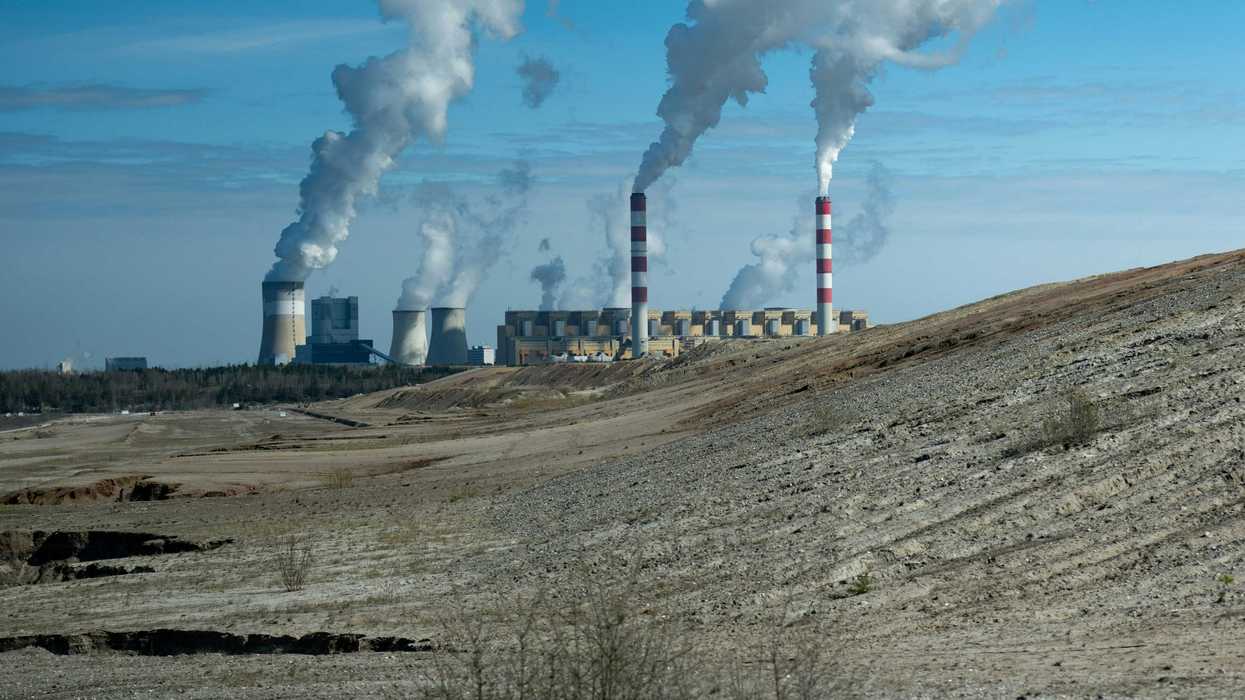As rising ocean temperatures continue to stress coral reefs in Florida, conservationists are adopting new strategies to enhance coral resilience.
Amudalat Ajasa, Whitney Leaming, and Carolyn Van Houten report for The Washington Post.
In short:
- Conservationists, facing prolonged marine heat waves, are prioritizing the restoration of heat-resistant coral species.
- Innovative techniques, including relocating nurseries to cooler waters, are being tested to combat the escalating coral bleaching.
- Last year’s extensive coral bleaching has spurred a reevaluation of coral restoration tactics amid fears of recurring heat extremes.
Key quote:
"Returning these corals felt a bit like a loved one leaving the hospital."
— Sam Burrell, senior reef restoration associate at the Coral Restoration Foundation
Why this matters:
Marine heat waves, no longer just occasional natural phenomena but increasingly common events, pose a severe risk to the biodiversity of our oceans. The response from those on the frontlines has been to focus their efforts on restoring species of coral that possess a remarkable trait: heat resistance. These hardier breeds offer a glimmer of hope, a potential bulwark against the rising temperatures. The success of these conservation strategies could dictate the future health of marine life and the communities that depend on them.














